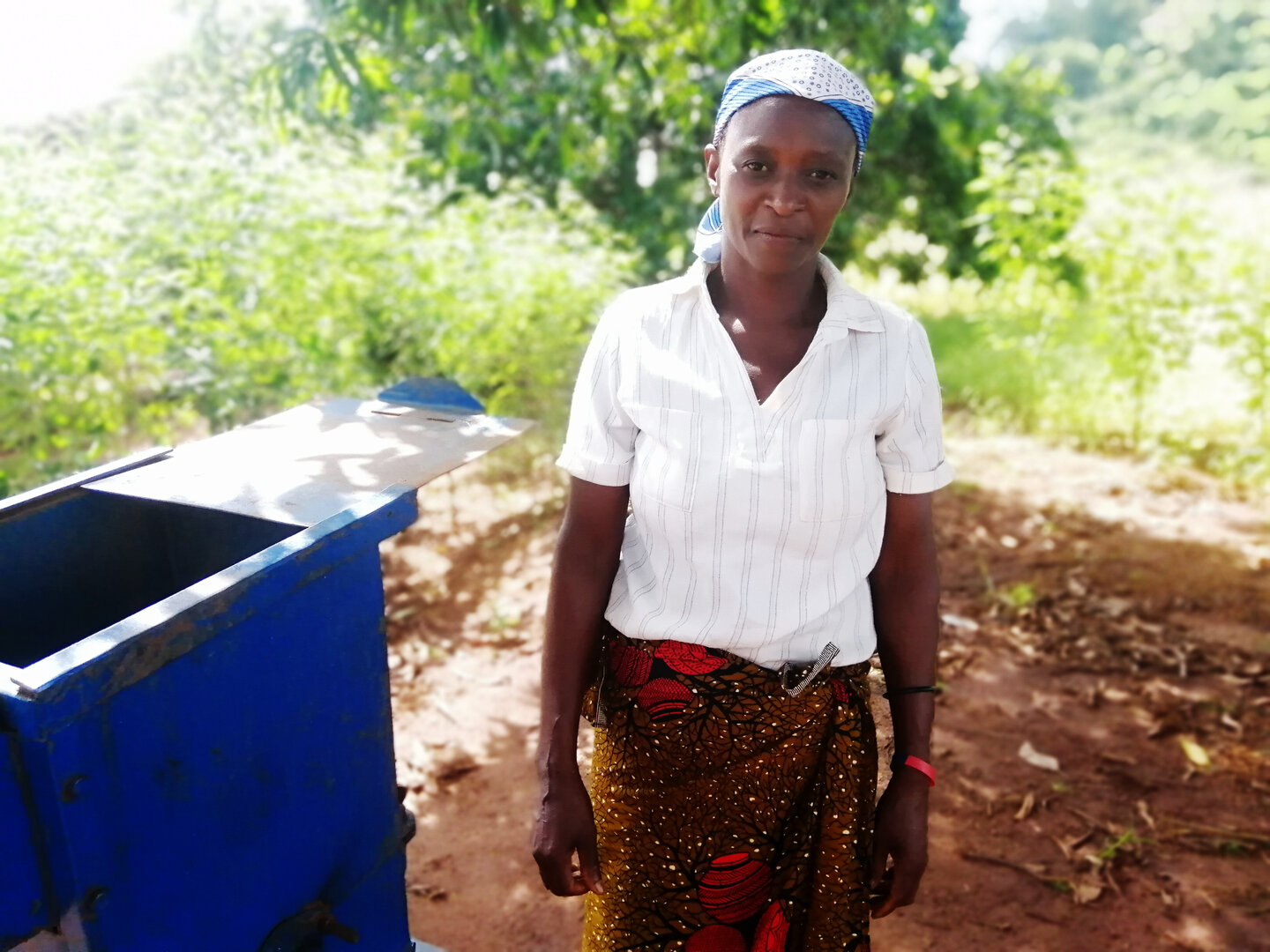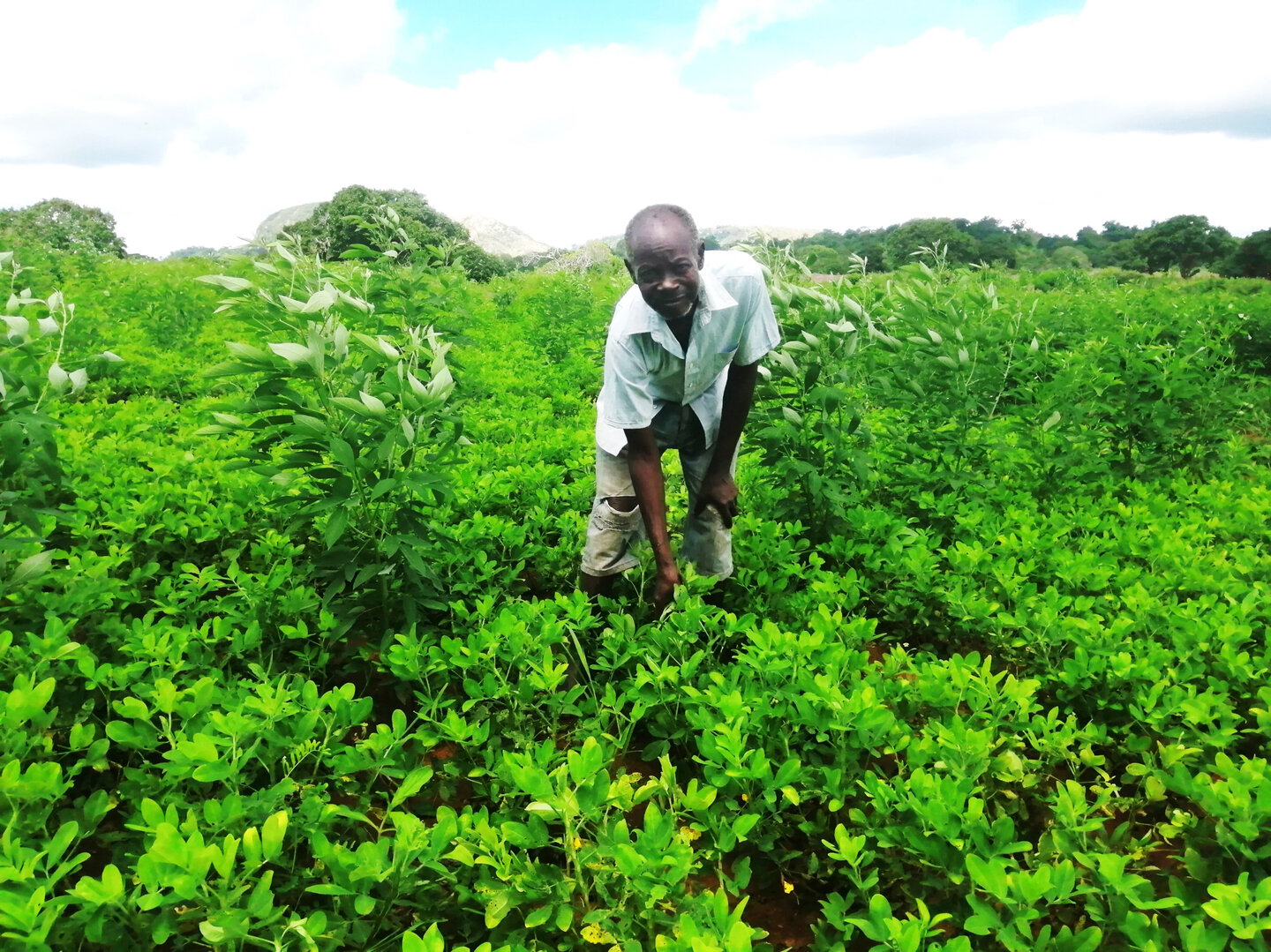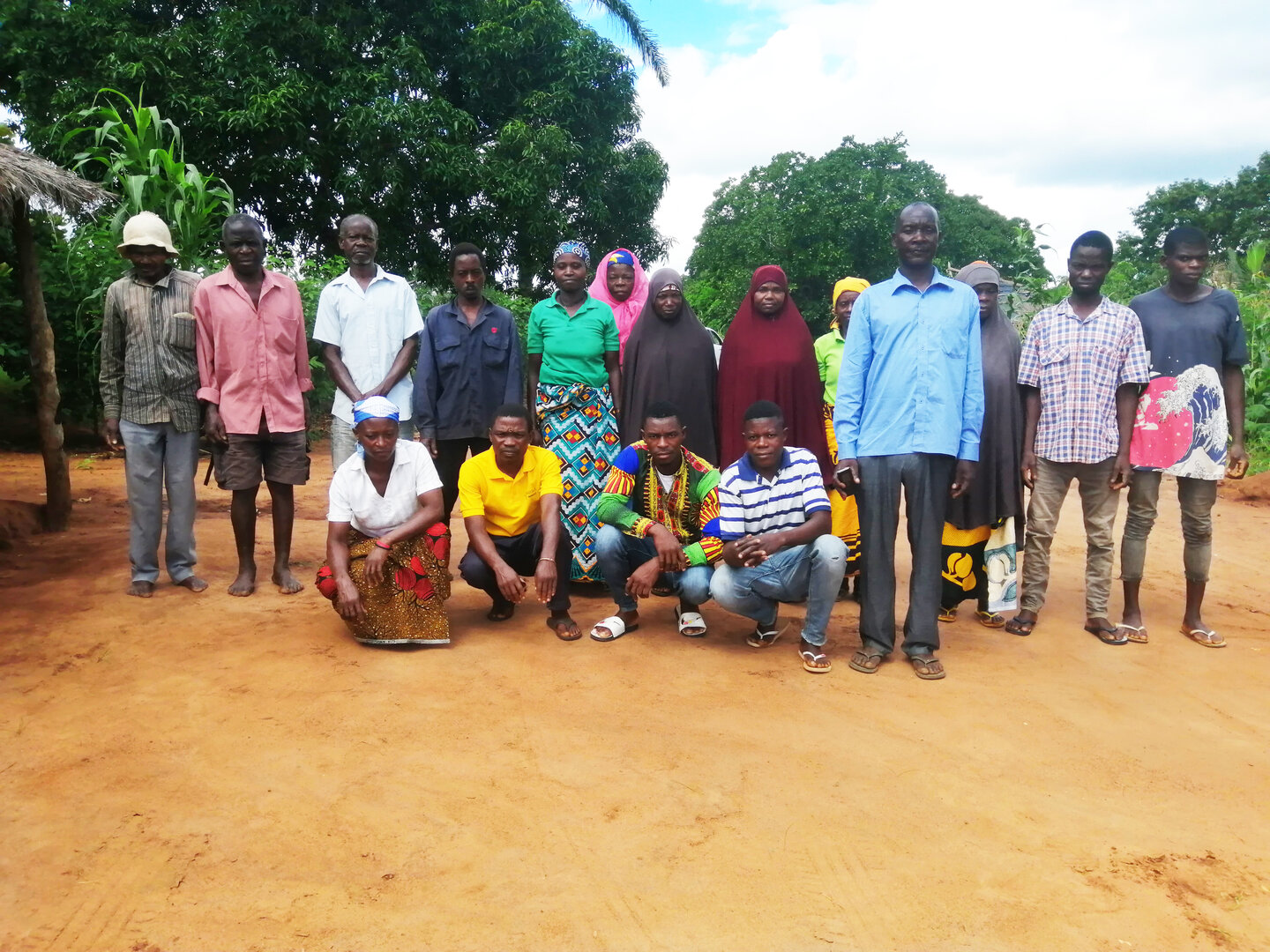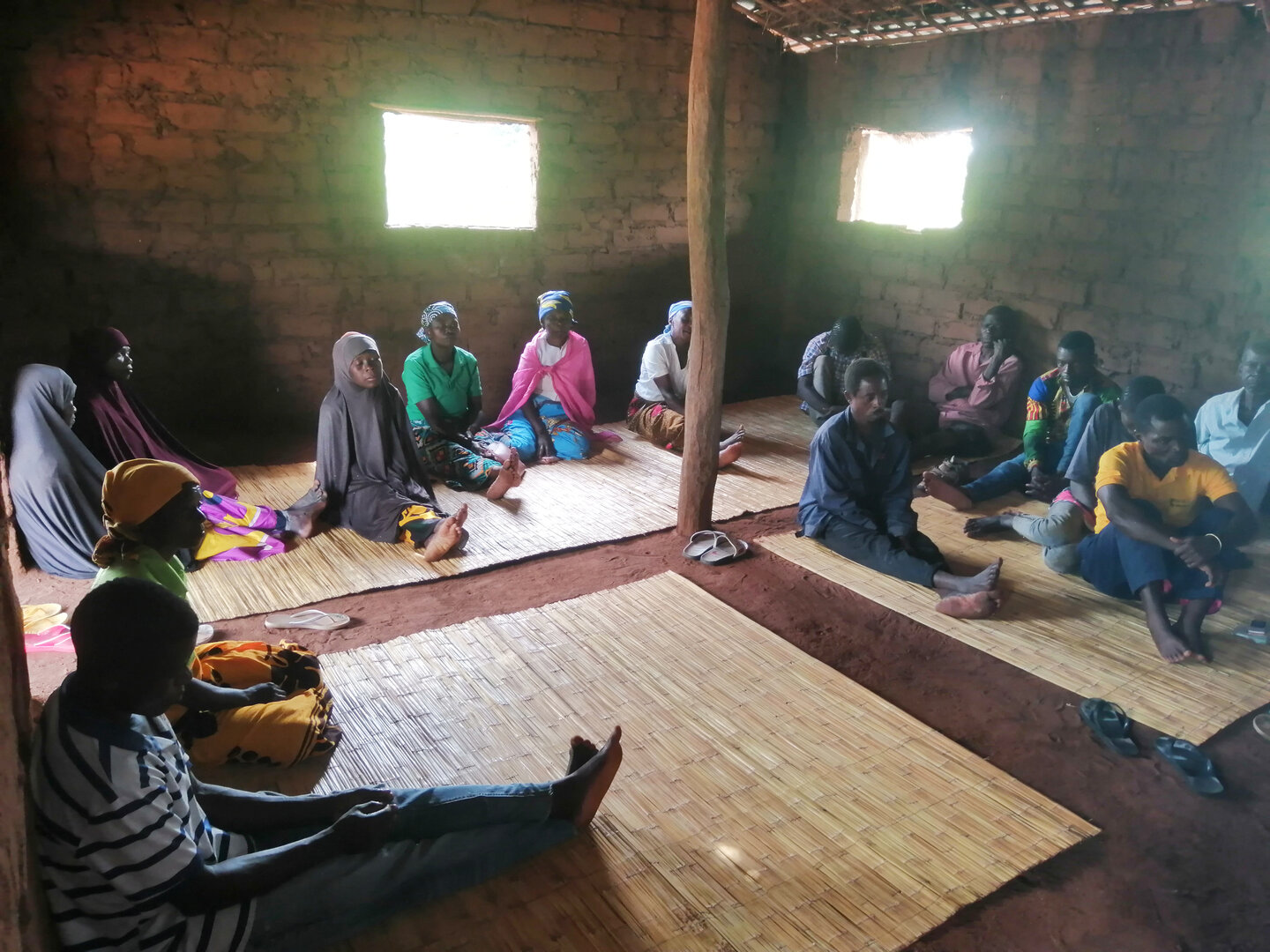In the main village of Namapa, about 20 kilometers further into the countryside, there is an agricultural cooperative that is proving to be sustainable. It is managed by producers to producers. It is called the Wiwanana cooperative, where the dynamics of acquiring and sharing knowledge, technologies, and agricultural inputs operate, including the generation and distribution of income. It is the community expression of smallholder farmers' cooperativism.
Located in the typically rural Nakhole Community, the Wiwanana Cooperative is a model of good agricultural practices of the AMCANE project, in its first phase, focused on promoting linkages among systemic actors in the agricultural sector, namely, smallholder farmers, input suppliers, agribusiness agents, processers and traders.
The Wiwanana cooperative was established in 2021, with share capital of 50,000 (fifty thousand) meticais, from the contribution of the smallholder farmers, who used to work dispersed and individually from land preparation to commercialization. The smallholder farmers were divided, in a small rural community with high productive clay and reddish soil.
MIRUKU, a Nampula-based agro-business cooperative and AMCANE (Peanut, Cashew and Sustainable Small Business) project partner, played a major role shifting the paradigm in Nakhole, by providing technical and legal assistance to the smallholder farmers to establish the Wiwanana and thus set up a win-win landscape for the farmers.
Currently organized as a cooperative, with 23 members (7 women), the farmers have a voice and negotiation power vis-a-vis companies with interests in growing organic peanuts and cashew nuts, the main products grown by members of the Wiwanana Cooperative, in farms of up to 1 hectare.
After the establishment in 2021, Wiwanana sold 3,490 kilograms (kg) of organic nuts and peanuts to several companies, of which 728 kg of peanuts with low levels of aflatoxin were sold to the Goodtrade Mozambique company, for the pilot production of butter.
This year, the company has committed to buy more peanuts from the cooperative, a promise that encourages the Wiwanana cooperatives members. The organic peanuts and nuts are varieties with high benefits for consumers, environment and for the farmers themselves, who began to invest less in fertilizers and pesticides and focus more on organic compounds "bokashi", biopesticides and equipment, ensuring the improvement of the quality of agricultural products.
Albertina Juma, member of the Wiwanana cooperative

António dos Reis, one of the members of the cooperative.

Goodtrade, is one of the most relevant players in the commercialization of natural and organic products in Mozambique. As a matter of fact, the promotion of organic agricultural production in Mozambique is One of the objectives of the AMCANE project.
During the first phase (2018-2022), the AMCANE project contributed to the creation of 20 agricultural cooperatives distributed in the provinces of Nampula (10) and the same number for Cabo Delgado, benefiting a universe of 291 producers. Around 30 groups of agricultural producers still in the process of establishing and registering their cooperatives were also organized.
$1 metical per crops kilogram sustain the cooperation
The Wiwanana Cooperative has its own bylaws, duly recognized by the government authorities. Its structure includes among other positions, a president, Carlos Merlo, vice presidents, secretaries, treasurers, inspectors, etc., who ensure the smooth running of the organization. Rights and duties are defined together with the members. Inclusiveness is a flagship and lives up to the name of the cooperative "we understand each other" (Wiwanana). The governing body manages the funds that sustain the cooperative. Each farmer contributes with the amount of 1 (one) metical per kilo commercialized through the cooperative, on a seasonal basis.
said the President, Carlo Merlo.

This amount of 1 metical would be multiplied dozens of times in the context of urbanized cooperatives in big cities, but in Nakhole, it is still believed that from grain to grain, the chicken gets full.
explains Merlo.
The cooperative also benefited from 2 peanut shelling machines, which also serve the community, upon payment of 5 meticais per kilo, an amount that is being applied in the repayment of the equipment facilitated by the project.
Integrating the "president" into the government's agricultural program
Carlos Merlo was not actually elected president because of his impressive height, no. According to Wiwanana cooperative members, Merlo is an inspiring, campesino leader who puts all his experience and knowledge at the service of the cooperative. Since 2019, Merlo has been involved in AMCANE project activity, having been trained in improved technologies for peanut and cashew production and commercialization.
said Moisés Fernando, members of the cooperative.


